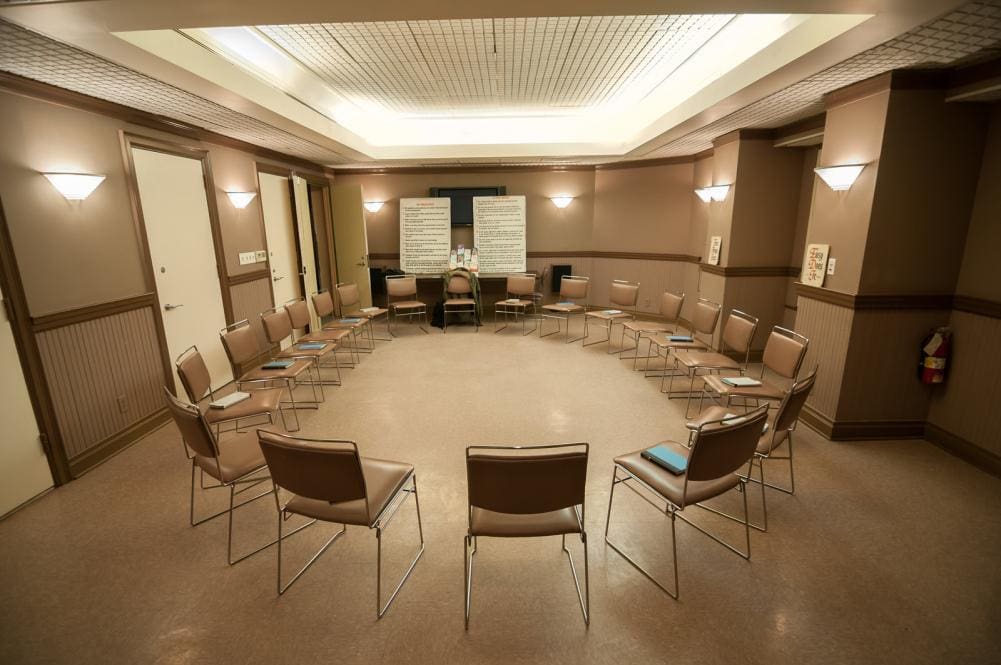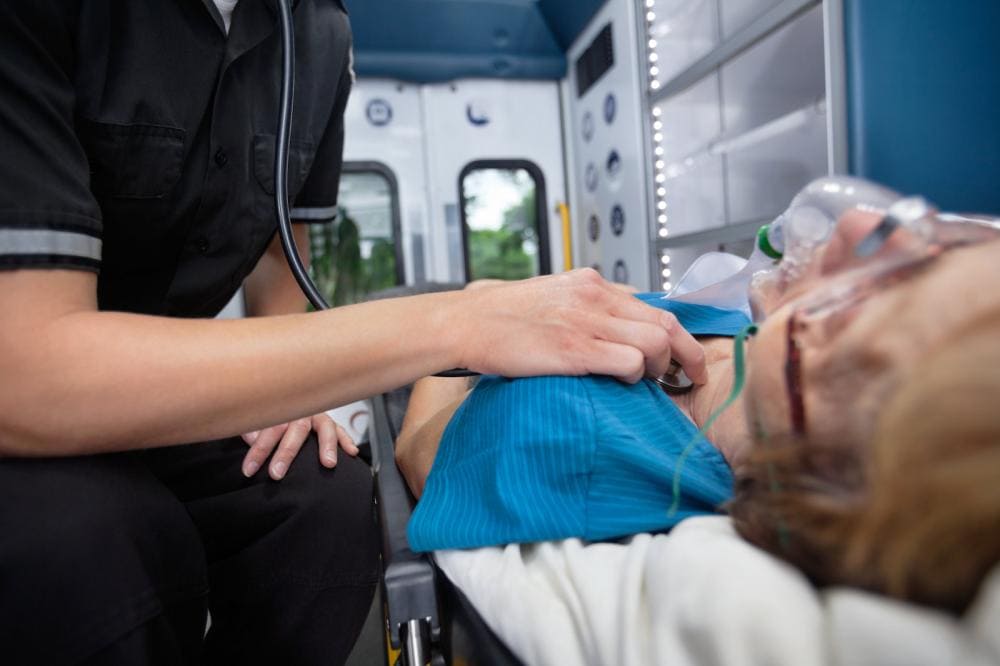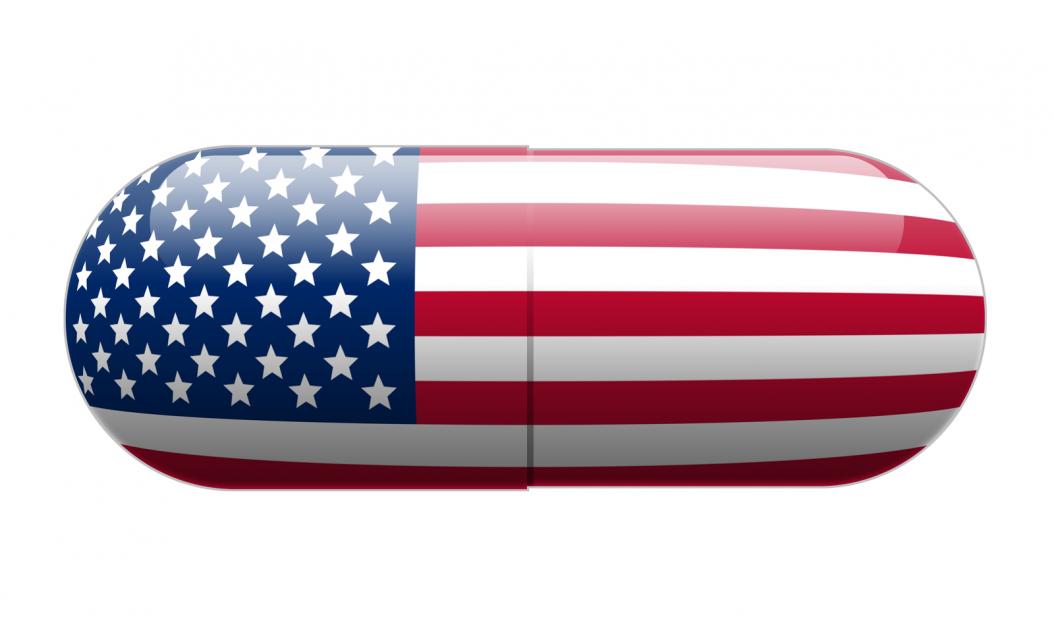
In New Jersey, Horizon Blue Cross Blue Shield is offering their clients a new secret weapon as they begin their recovery journey. Peer recovery counselors, trained to help others who are trying to get clean, will be offered to anyone who is currently receiving treatment for a substance use disorder.
The counselors will be available 24/7 via telehealth sessions. The sessions will take place over live video chat, which is how they can be offered any time, day or night. Horizon told the media that about 1.35 million of the 3 million members they currently have would be eligible for the program. Nearly seven out of a hundred thousand people in their network end up seeking help for a substance use disorder.
Why Peer Recovery Counselors?
Allen Karp, Horizon’s executive vice president, says that peer-support programs “dramatically improves a person’s chances of achieving long-term success.” People in treatment or counseling, who have begun treatment and are considered “stable” will be eligible for extra help. The first few months are a critical point in many peoples’ recovery journey; when they begin to feel better and wonder if they need to stay in treatment at all. A recovery support specialist, who has been through similar things, can often reassure people that staying clean and sober is worth it.
About 1.35 million of the 3 million people insured by Horizon will be eligible for the program, a spokesman said. Horizon’s commercially insured members are diagnosed with substance disorder at a rate of slightly more than seven in 1,000.
This tactic of using healthcare to try to help people in recovery isn’t new, but it’s rare. Healthcare companies, including insurers, have been limited in their support of treatment centers. After all, there are high relapse and drop out rates. Horizon BCBS is trying to change that.
New Jersey seems to be leading the charge for healthcare-facilitated drug addiction treatment. Currently, the state of New Jersey also funds “opioid recovery specialists” – people who visit patients who just experienced an overdose. In recovery themselves, they’re there to let overdose victims know that there’s a better way of life. Their purpose is to engage the patient and encourage them to get treatment.



